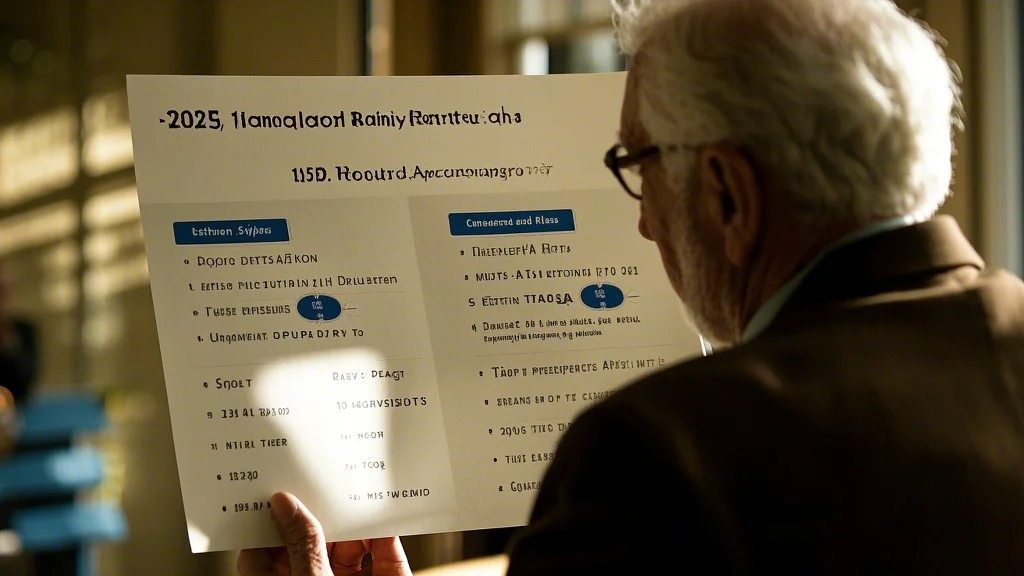The Transformative Power of Charitable Legacy Planning
Incorporating charitable legacy planning into your estate creates opportunities to extend your values and impact far beyond your lifetime. Unlike standard donations, a well-structured charitable legacy allows you to support causes you care about while potentially enhancing your family’s inheritance through smart tax strategies. Many affluent individuals discover that charitable giving provides more personal satisfaction than simply passing down financial assets alone. These philanthropic approaches work particularly well when integrated with comprehensive estate planning strategies that consider both family needs and charitable intentions. Donor-advised funds have surged in popularity as flexible vehicles that allow you to make irrevocable contributions now while maintaining advisory privileges over grant distributions in future years. This method provides immediate tax deductions while letting younger generations participate in philanthropic decisions, creating a powerful values-transmission mechanism.
Tax-Smart Strategies for Charitable Giving
Sophisticated inheritance tax planning often incorporates charitable tools to reduce estate tax burdens while fulfilling philanthropic goals. Charitable remainder trusts allow you to receive income during your lifetime while designating the remainder to charity, providing both current tax deductions and potential capital gains tax avoidance. For those over 70½, qualified charitable distributions from IRAs can satisfy required minimum distributions without counting as taxable income. These techniques become particularly powerful when coordinated with overall retirement savings strategies to optimize both lifetime income and legacy goals. Appreciated securities often make ideal charitable gifts since you avoid capital gains taxes while deducting the full market value. The tax benefits vary significantly based on your income level, asset types, and state of residence, making professional guidance valuable for maximizing both philanthropic impact and financial efficiency.

Family Foundations and Donor-Advised Funds
Establishing a family foundation represents one of the most impactful legacy planning tools for those with substantial assets. These entities allow multiple generations to collaborate on philanthropic missions while potentially reducing estate taxes through systematic giving. Donor-advised funds offer a simpler alternative with lower administrative burdens, providing similar tax advantages without requiring legal entity creation. Both options enable families to instill charitable values in heirs by involving them in grant-making decisions. These vehicles work best when incorporated early into comprehensive estate planning strategies, as their effectiveness often depends on multi-year planning horizons. Many families use annual giving quotas (typically 5% of assets for private foundations) as opportunities for family meetings where younger members learn about financial stewardship and social responsibility.
Integrating Charity with Retirement Assets
Retirement accounts present unique opportunities for charitable legacy planning due to their favorable tax treatment when donated to qualified organizations. Naming charities as beneficiaries of IRA or 401(k) accounts avoids income taxes that would otherwise burden individual heirs, effectively making every dollar go further for charitable causes. This strategy coordinates particularly well with retirement savings strategies that prioritize Roth conversions for assets intended for heirs while reserving traditional retirement accounts for charitable bequests. For retirees taking required minimum distributions, direct charitable transfers (up to $100,000 annually) satisfy distribution requirements without increasing adjusted gross income – a valuable tactic for managing Medicare premiums and other income-sensitive calculations. These approaches demonstrate how retirement assets can become powerful philanthropic tools when properly structured within an overall estate plan.
Balancing Family and Philanthropic Goals
Effective legacy planning requires thoughtful allocation between family inheritance and charitable aspirations. Many individuals worry that charitable giving might shortchange heirs, but strategic approaches can actually enhance what both family and charities receive. Life insurance policies can replace the value of donated assets for heirs while creating larger charitable gifts. Charitable lead trusts provide income to nonprofits for a set period before transferring remaining assets to family members with reduced gift or estate taxes. These solutions work best when developed as part of holistic estate planning strategies that consider all assets and goals. Open family discussions about charitable intentions often prevent misunderstandings while allowing heirs to appreciate the values behind the financial decisions. Many families find that including children in philanthropic decisions fosters greater appreciation for both the family’s wealth and its social responsibilities.
Creating a Lasting Philanthropic Impact
A well-designed charitable legacy planning approach extends your influence for generations while potentially enhancing your family’s financial situation. Endowment gifts to universities, hospitals, or community foundations can create perpetual funding streams in your name. Field-of-interest funds allow you to support specific causes without locking recipients into particular organizations. These permanent legacies work particularly well when coordinated with your inheritance tax planning to maximize both social impact and tax efficiency. The documentation process for charitable estate plans often prompts valuable reflections about what matters most in your life and how you want to be remembered. Professional advisors can help craft giving strategies that align with your values while complementing your overall financial and estate plans, creating a legacy that truly reflects your life’s priorities and passions.



